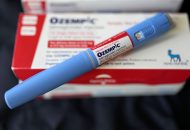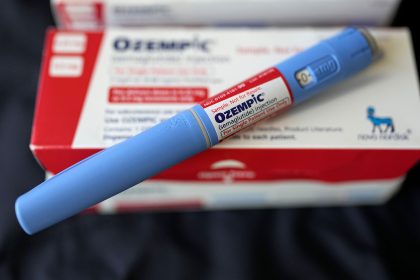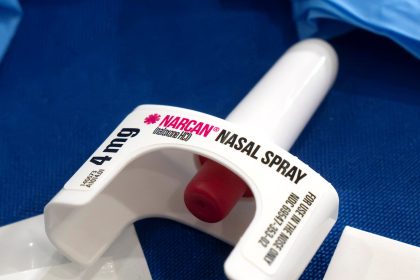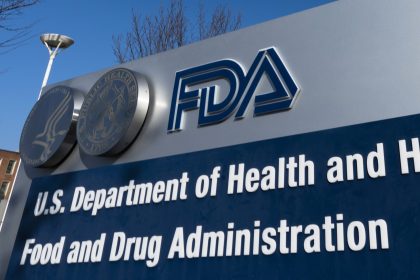Second Alzheimer’s Drug in Pipeline Can Slow Disease but With Safety Risk
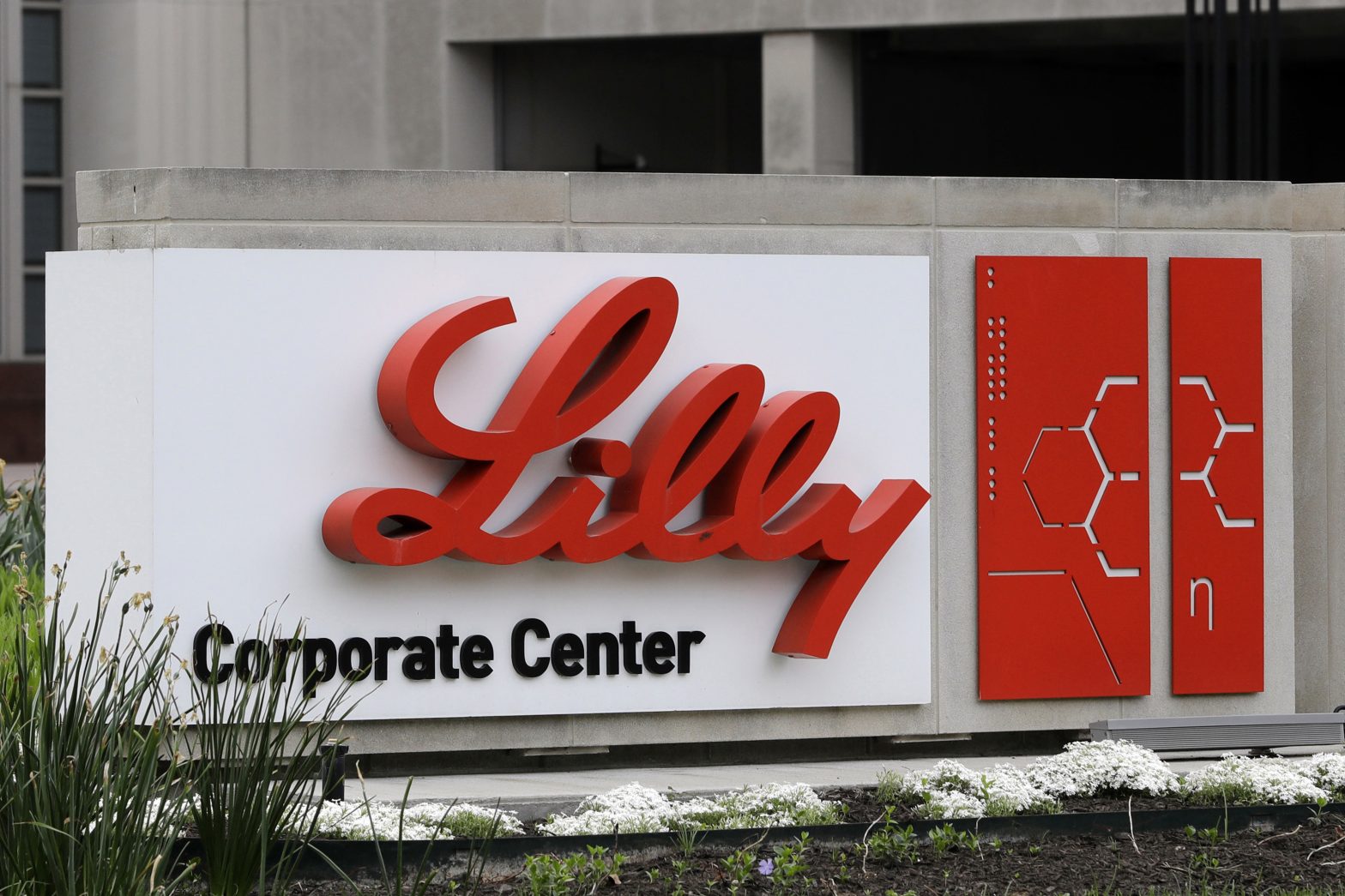
WASHINGTON (AP) — Another experimental Alzheimer’s drug can modestly slow patients’ inevitable worsening — by about four to seven months, researchers reported Monday.
Eli Lilly and Co. is seeking Food and Drug Administration approval of donanemab. If cleared, it would be only the second Alzheimer’s treatment convincingly shown to delay the mind-robbing disease — after the recently approved Leqembi from Japanese drugmaker Eisai.
“Finally there’s some hope, right, that we can talk about,” Lilly’s Dr. John Sims told reporters Monday at the Alzheimer’s Association International Conference in Amsterdam.
“We don’t cure the disease,” he said. “Diabetes doesn’t have a cure either — it doesn’t mean you can’t have very meaningful treatments for patients.”
Lilly announced in May that donanemab appeared to work, but on Monday the full results of a study of 1,700 patients was published by the Journal of the American Medical Association and presented at the Alzheimer’s conference.
Both donanemab and Leqembi are lab-made antibodies, administered by IV, that target one Alzheimer’s culprit, sticky amyloid buildup in the brain. And both drugs come with a serious safety concern — brain swelling or bleeding that in the Lilly study was linked to three deaths.
Scientists say while these drugs may mark a new era in Alzheimer’s therapy, huge questions remain about which patients should try them and how much benefit they’ll really notice.
“The modest benefits would likely not be questioned by patients, clinicians or payers if amyloid antibodies were low risk, inexpensive and simple to administer. However, they are none of these,” Dr. Eric Widera of the University of California, San Francisco, wrote in a JAMA editorial accompanying Lilly’s new data.
Lilly’s study enrolled people ages 60 to 85 who were in early stages of Alzheimer’s. Half received once-a-month infusions of donanemab and half dummy infusions for 18 months.
The study had a few twists. Patients were switched to dummy infusions if enough amyloid cleared out — something that happened to about half within a year. And because amyloid alone doesn’t cause Alzheimer’s, researchers also tracked levels of another culprit in the brain — abnormal tau. More tau signals more advanced disease.
The results: Both groups declined during the 18-month study but overall those given donanemab worsened about 22% more slowly. Some patients fared better — those with low to medium tau levels saw a 35% slower decline, reflecting that the drug appears to work better in earlier stages of the disease.
How much difference does that make? It means donanemab slowed patients’ worsening by about four to seven months, the JAMA report concluded.
Another way of measuring: Among the donanemab recipients with lower tau levels, 47% were considered stable a year into the study compared with 29% of those who got the dummy version.
The main safety concern is brain swelling or bleeding, which often causes no symptoms but sometimes can be serious, even fatal. About a quarter of donanemab recipients showed evidence of that swelling, and about 20% had microbleeds.
Scientists already know that patients getting any amyloid-targeted therapy need repeat brain scans to check for those side effects — a costly and time-consuming hurdle.
Widera noted that the possibility of stopping donanemab treatment at least temporarily in people who respond well would help limit some of those challenges. For comparison, Leqembi is given by IV every two weeks and researchers didn’t test a similar stoppage.
It’s too soon to know if some patients might need to resume donanemab, said Lilly’s Dr. Mark Mintun. But the amyloid “doesn’t come back with any sort of vengeance,” he said, speculating that might take several years.
Another concern: More than 90% of the study’s participants were white, leaving little data about how other populations might respond, Alzheimer’s specialist Jennifer Manly of Columbia University wrote in JAMA.
Scientists have long tried and failed to slow Alzheimer’s with amyloid-targeting drugs — and the FDA’s contentious 2021 conditional approval of a drug named Aduhelm soon fizzled amid lack of evidence that it really worked. The approval of Leqembi and promising data for donanemab have reignited interest in attacking amyloid buildup.
But Mintun acknowledged additional approaches are needed, saying Lilly expects results of a late-stage study of a tau-fighting drug next year.
___
The Associated Press Health and Science Department receives support from the Howard Hughes Medical Institute’s Science and Educational Media Group. The AP is solely responsible for all content.













